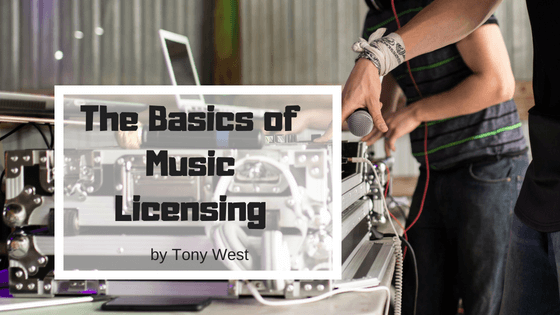As you might have noticed, I’m not your everyday conventional kind of front man. When trying to secure the lead vocalist position for Stone Temple Pilots last year, I made six demos available to the public. This was partially to gain support, but also because I wanted my fans’ opinions on my versions of the songs.
Despite my unique path on that particular venture, I think it’s important for musicians to know about music licensing and why it’s important. Licensing is a process, but it can be a source of revenue if you play your cards right.
Types of Licenses
A license gives legal permission for a piece of intellectual property to be used for a specific purpose during a set period of time. There are different kinds of licenses that all come with various permissions. In the music industry, there are three common types:
A mechanical license allows audio-only copies of work. One example would be a song cover.
With a synchronization license, the work can be used in conjunction with a visual element. You’ll notice this when songs are featured in movies, commercials, video games, etc. If you can collect royalties anytime a song is played, this is the gift that keeps on giving.
A public performance license is usually purchased by a station or venue, and it gives the right for work to be publicly performed. This is either via radio, streaming, bars, restaurants, stores or live performances.
All licenses will have specified elements that are negotiated. These include how long the song can be used for, where it will be broadcast and the type of usage.
Options for Licensing
There isn’t just one avenue for licensing your music. If you go through a music publisher or record label, they do the leg work for you. Other options include partnering with a third party music-licensing company or composing for a music library. You could also get acquainted with performing rights organizations (PROs).
The avenue you choose will determine what royalties you acquire. There are three payments for a license. The performance royalties are collected by the songwriter and song publisher. The publishing sync fee is collected by the song owner (typically a music publisher), and the master recording sync fee is collected by the master owner (typically a record label).
Final Thoughts
I suggest doing research before committing to anything. You should explore all your options to know what the best avenue is for you and the work you create.
